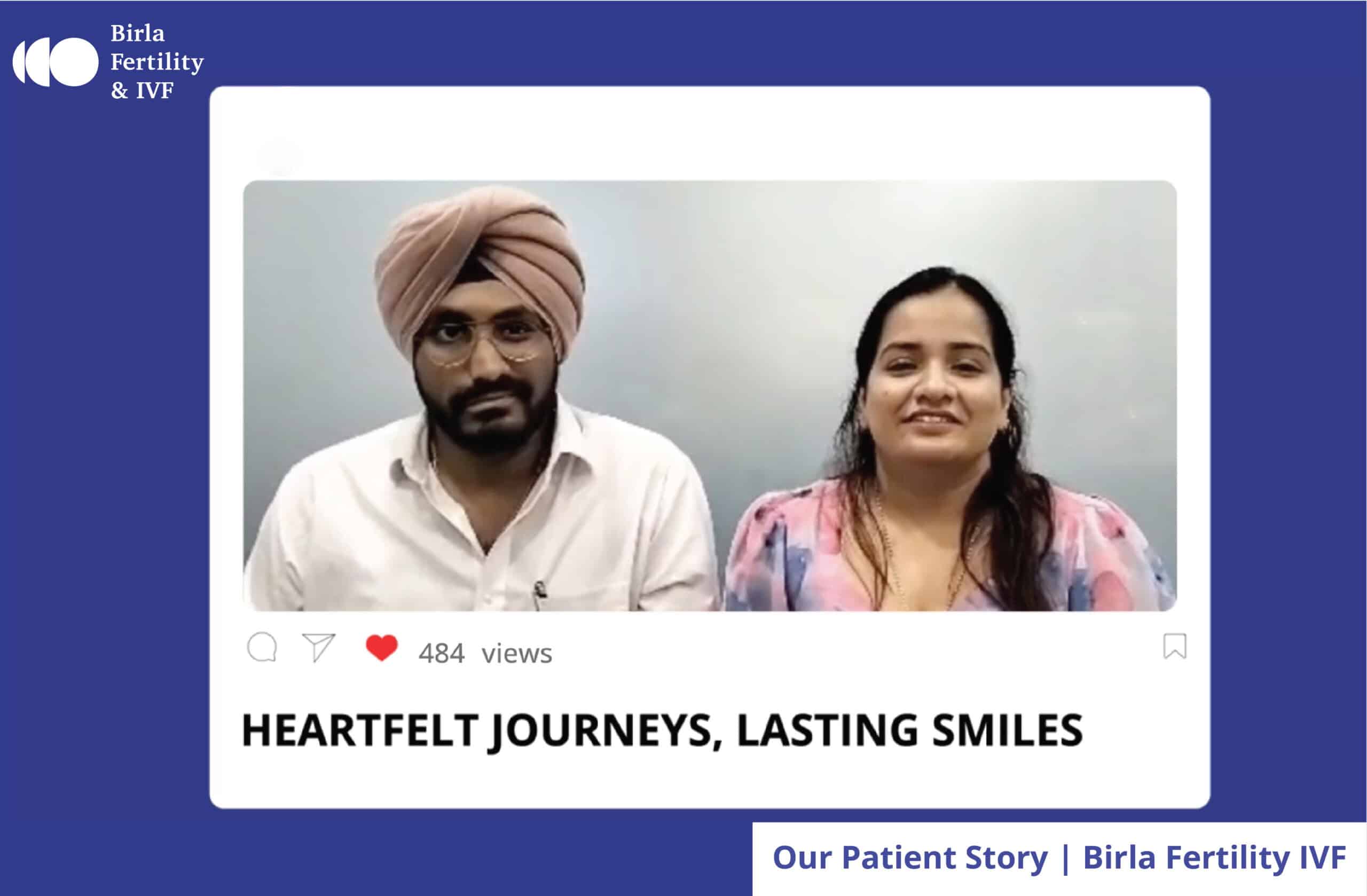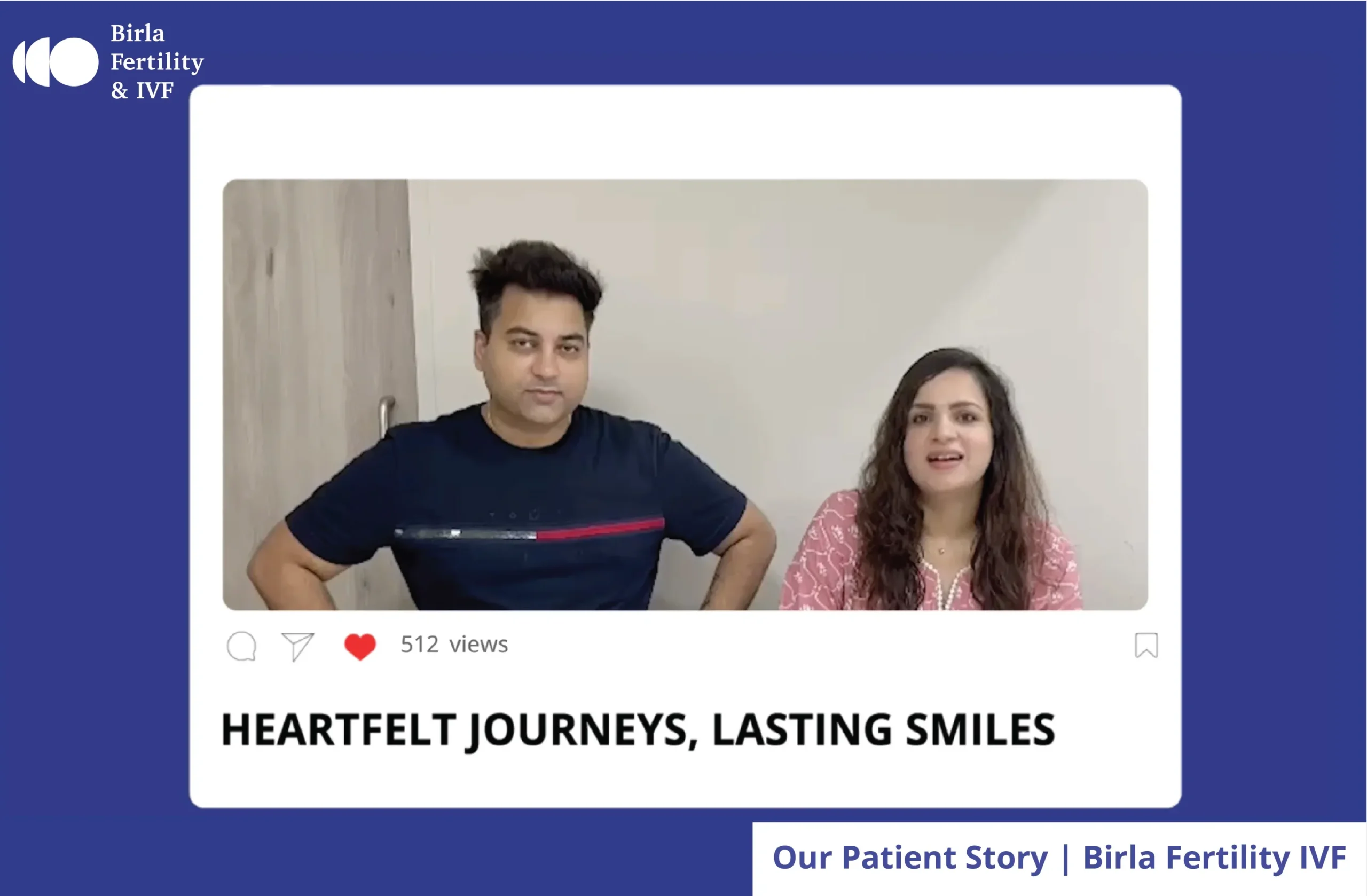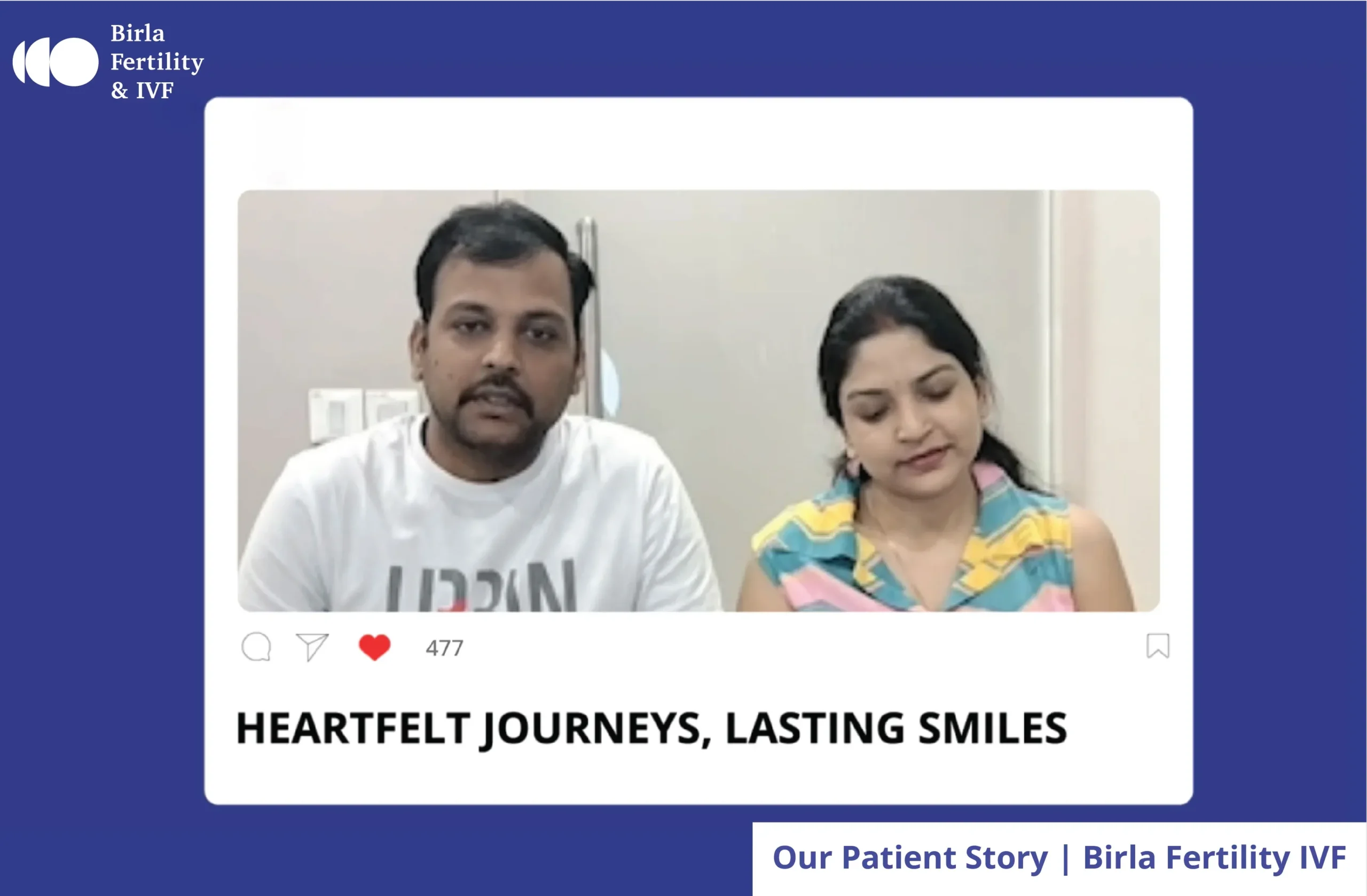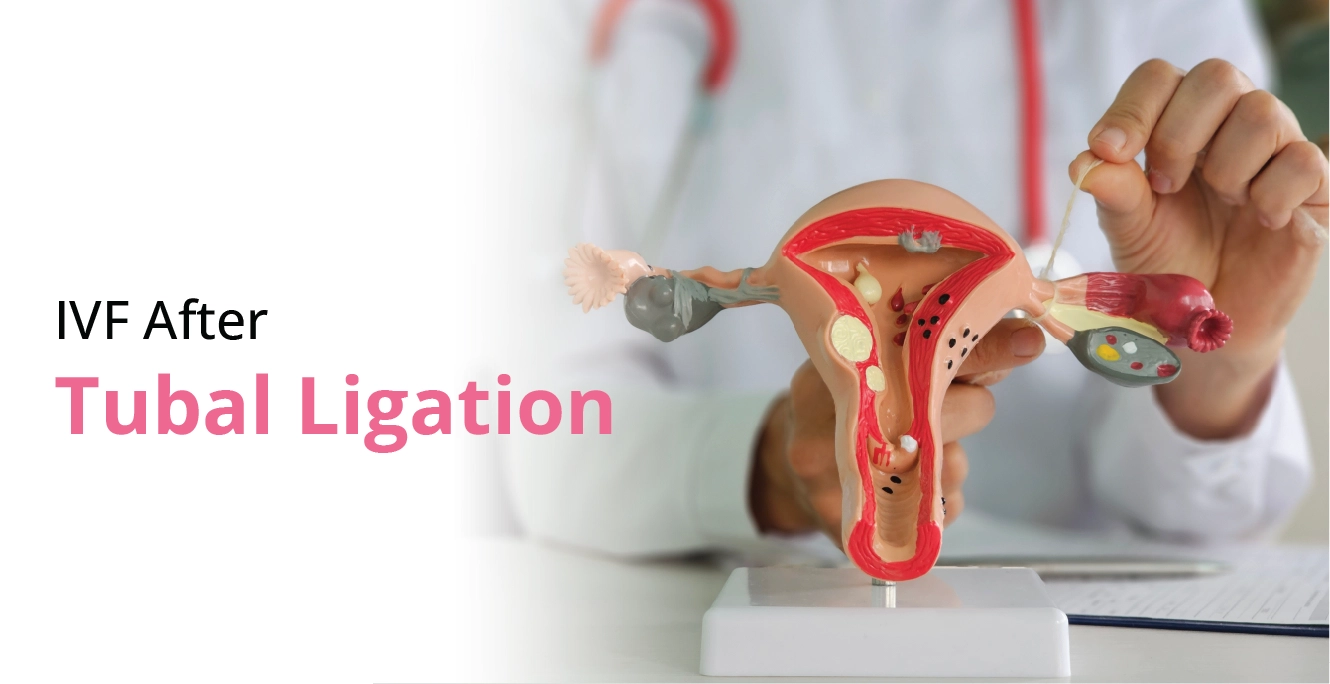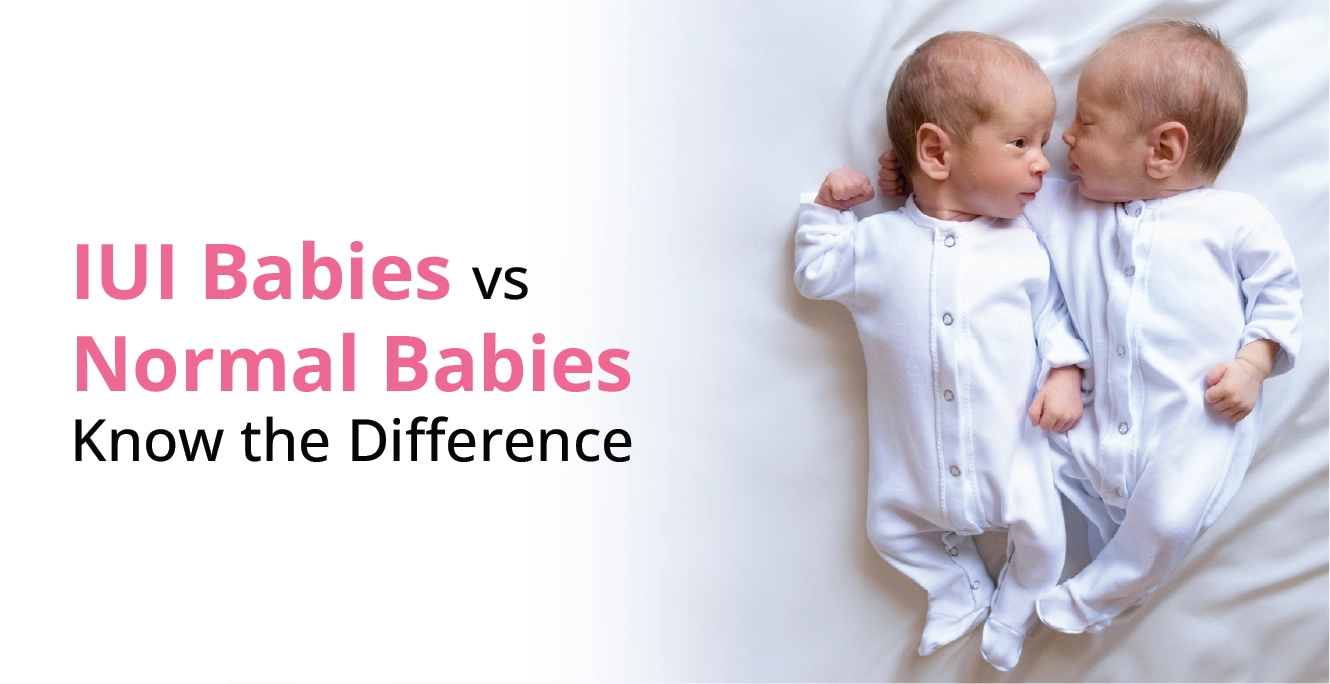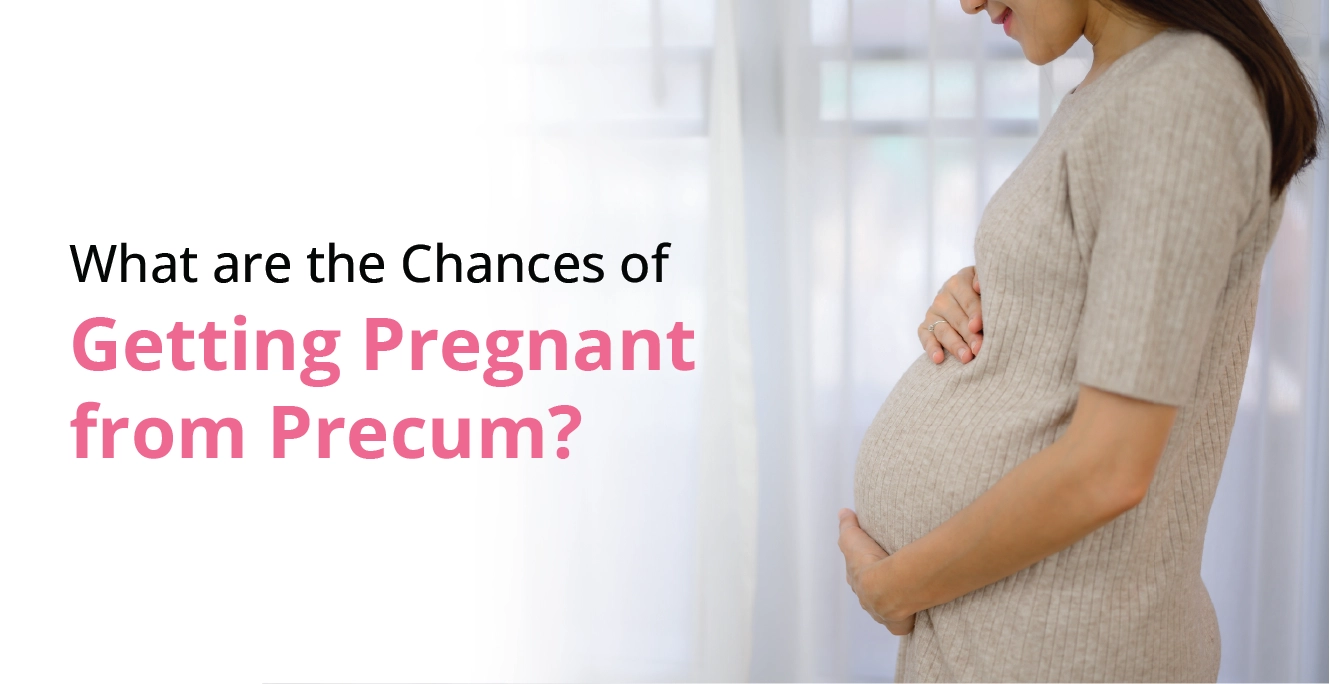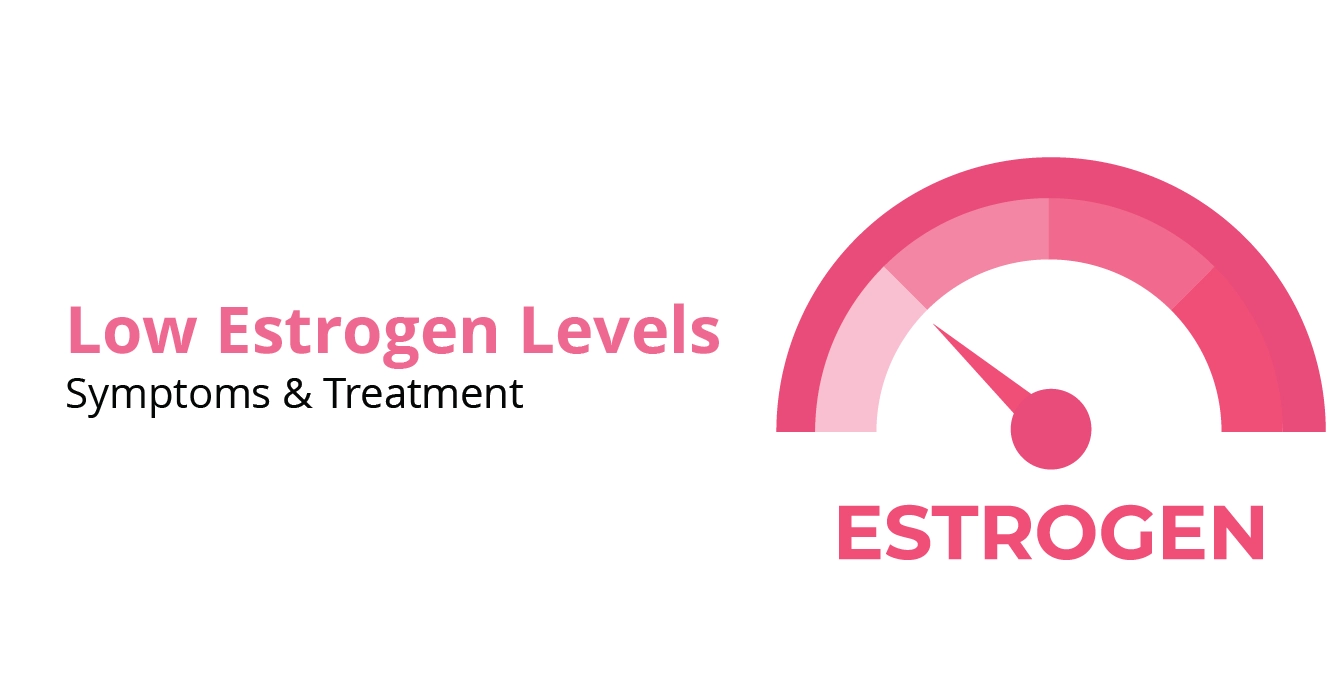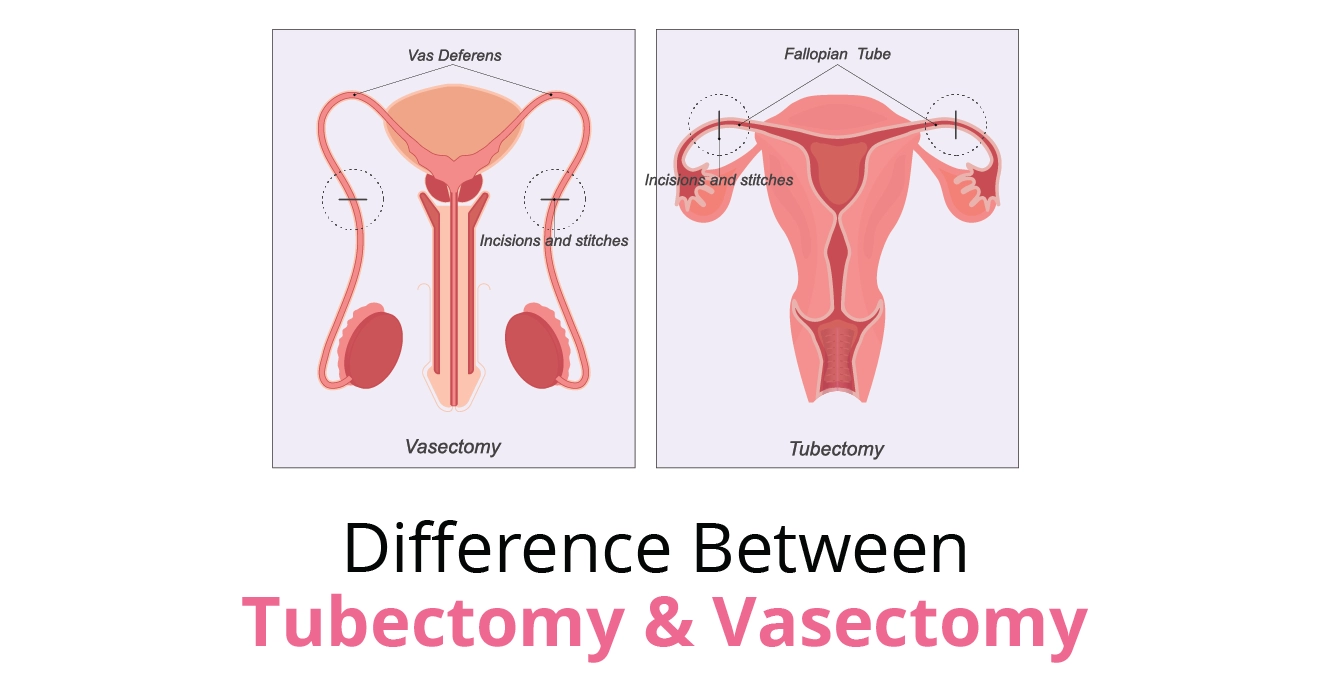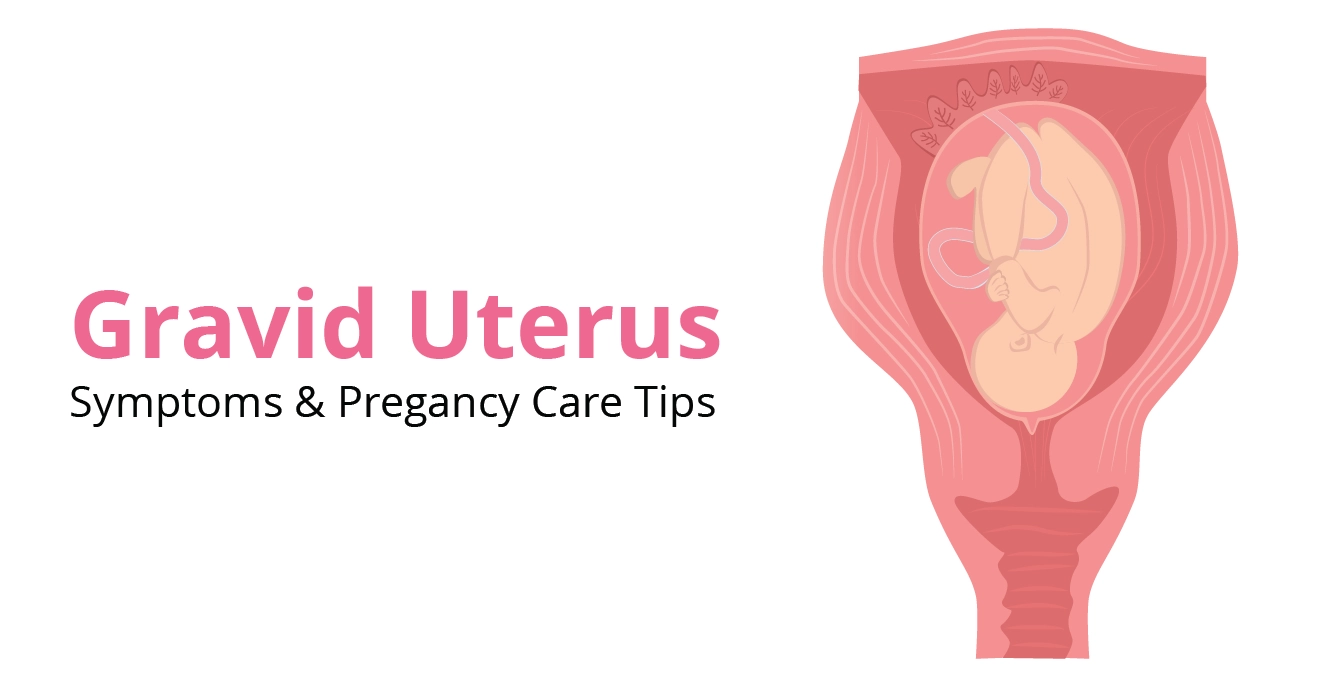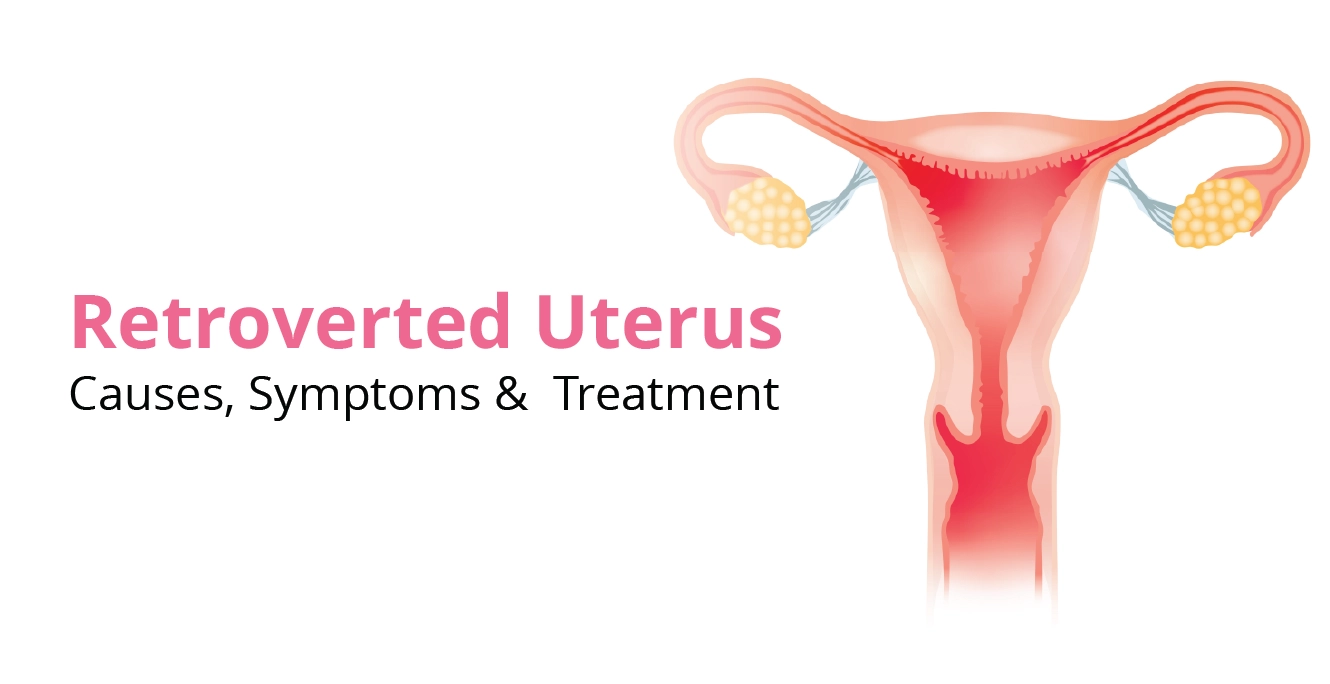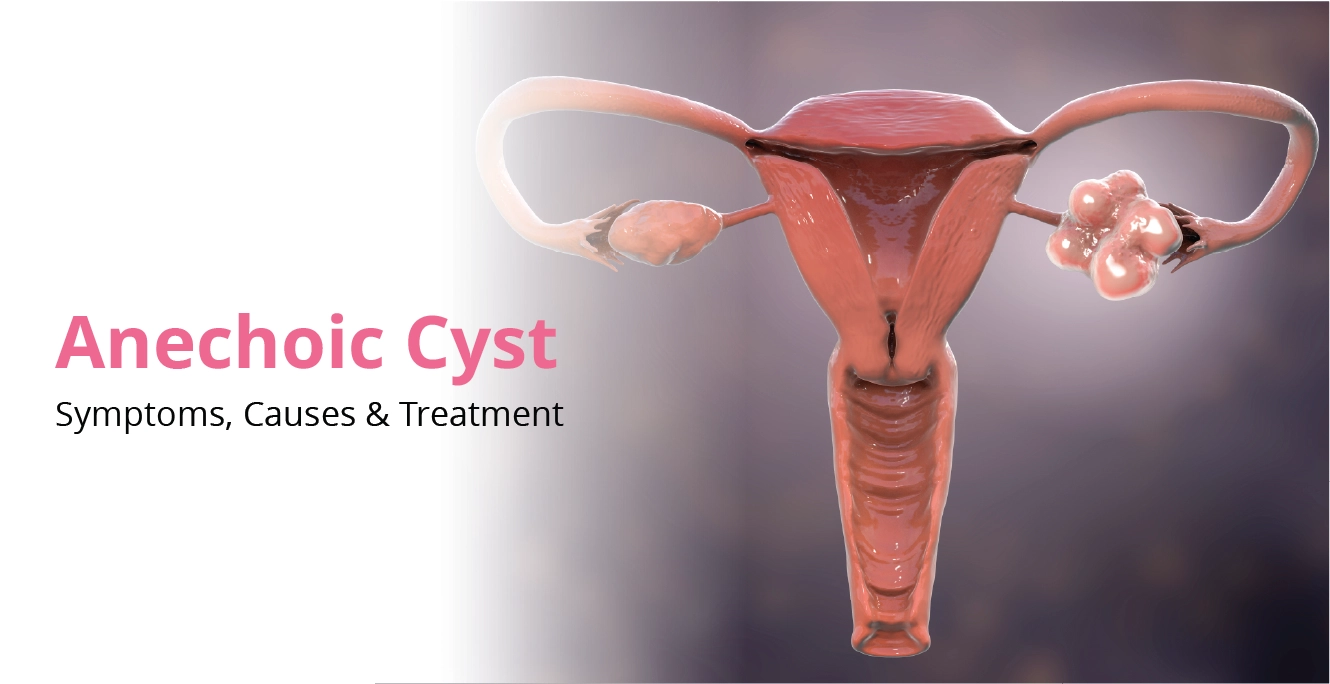Donor Support
In in vitro fertilisation (IVF) treatments, selecting a donor involves careful evaluation to ensure the best outcomes. Donors are assessed for health, genetic conditions and lifestyle factors. This process ensures the highest quality embryos for successful pregnancies, focusing on patient safety and success.

What is Donor Support?
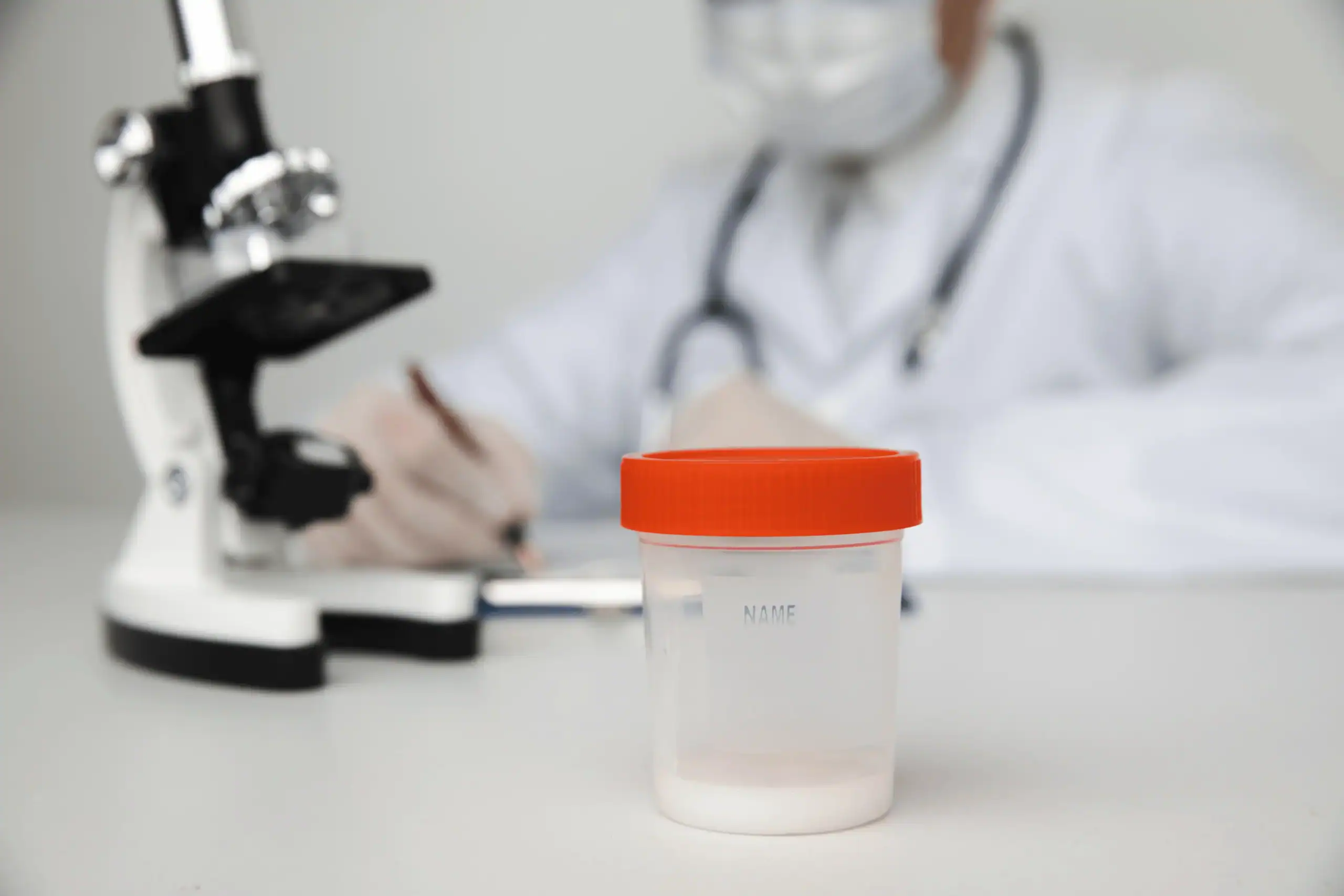
Donor support in IVF refers to the use of eggs, sperm, or embryos from a donor to assist individuals or couples who face fertility challenges.
In IVF, if a patient’s eggs or sperm are not viable, donor gametes can be used to achieve pregnancy. This process involves selecting a donor based on medical history and genetic compatibility and the donated eggs or sperm are combined with the recipient’s partner’s gametes or another donor’s gametes in a laboratory setting.
The resulting embryos are then implanted into the recipient’s uterus. Donor support provides a crucial option for those struggling with infertility, offering a chance to conceive when natural methods are not feasible.
Why is Donor Support Recommended?
Donor support is a vital aspect of many IVF treatments, offering several key benefits and playing a crucial role in helping individuals and couples achieve their dreams of parenthood. Here’s why donor programs are so important:
-
Overcoming Infertility Challenges: Donor eggs or sperm can be a solution for those facing infertility issues due to poor egg quality, sperm abnormalities, or genetic disorders. Using donor gametes increases the chances of successful fertilisation and healthy pregnancy.
-
Genetic Diversity: Donor programs provide access to a diverse pool of genetic material, which can be especially beneficial for individuals with limited options due to rare genetic conditions or health concerns. This diversity helps in improving the likelihood of a successful IVF outcome.
-
Enhanced Success Rates: The use of donor gametes often leads to higher success rates in IVF treatments. Donor eggs, for example, are usually from younger, healthy donors, which can significantly improve the quality of embryos and the chances of implantation.
-
Empowering Choices: Donor programs allow individuals and couples to have more control over their fertility journey, offering options that align with their specific needs and circumstances. This flexibility can be crucial in navigating complex fertility issues.
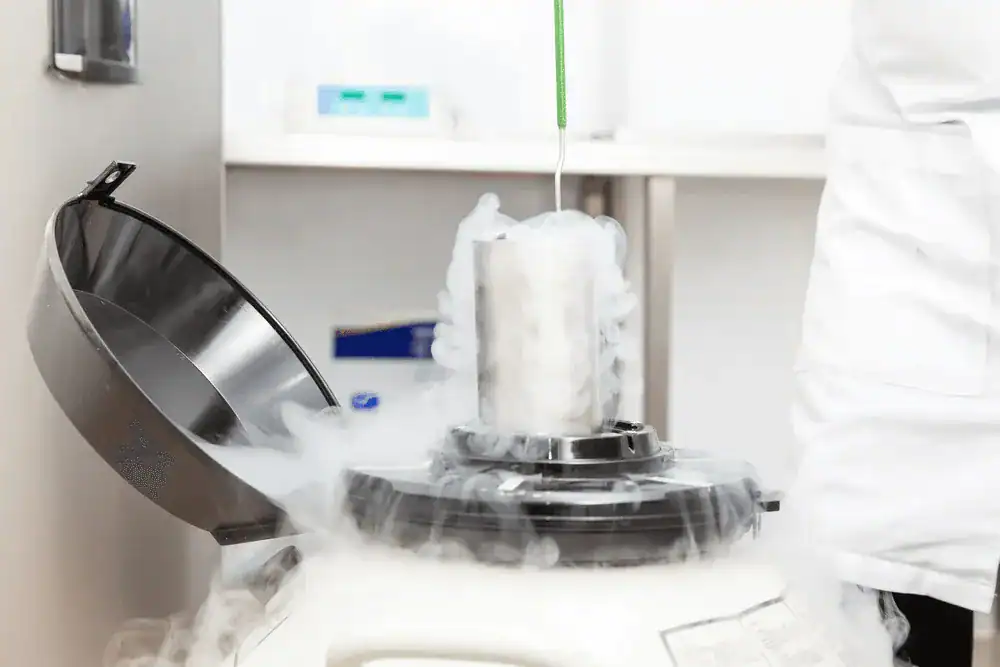
Types of Donors
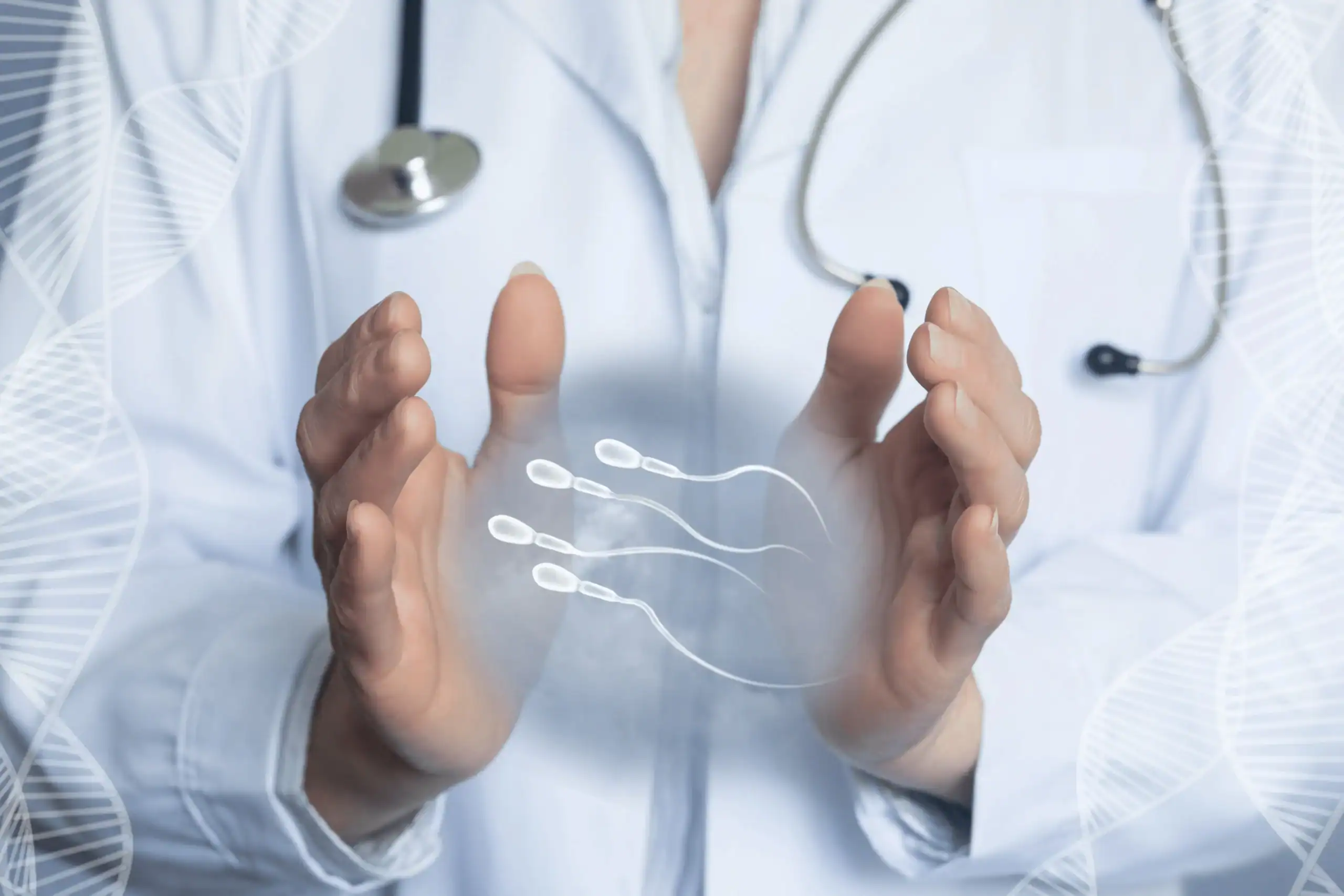
Here are the main types of donors used in IFV treatments:
-
Egg Donors: These women provide their eggs to be fertilised by sperm in a lab. Egg donors are usually young and healthy and their eggs are screened for genetic and infectious diseases. This is often used when the intended mother has fertility issues or is at risk of passing on genetic disorders.
-
Sperm Donors: Men who provide sperm for fertilisation. Sperm donors are carefully screened for genetic conditions and infectious diseases. Their sperm can be used for insemination or IVF, especially if the male partner has fertility problems or is absent.
-
Embryo Donors: Couples who have completed their IVF treatments may donate unused embryos. These embryos are then implanted into the recipient’s uterus. This option can be beneficial for those who have difficulty producing viable eggs or sperm.
-
Gestational Carriers (Surrogates): Though not a donor of genetic material, gestational carriers help by carrying the embryo to term. They undergo IVF with an embryo created from the egg and sperm of the intended parents or donors.
Why Choose Us
Choosing the right fertility clinic is crucial for starting your family. At Birla Fertility & IVF, we offer personalised care with expert specialists guiding you every step of the way. Our advanced labs and outstanding success rates have helped over 2,30,000 patients achieve their dream of parenthood.
Frequently Asked Questions
Recent Blogs
Book an appointment
Hassle-Free Appointment Booking

 Our Centers
Our Centers
















